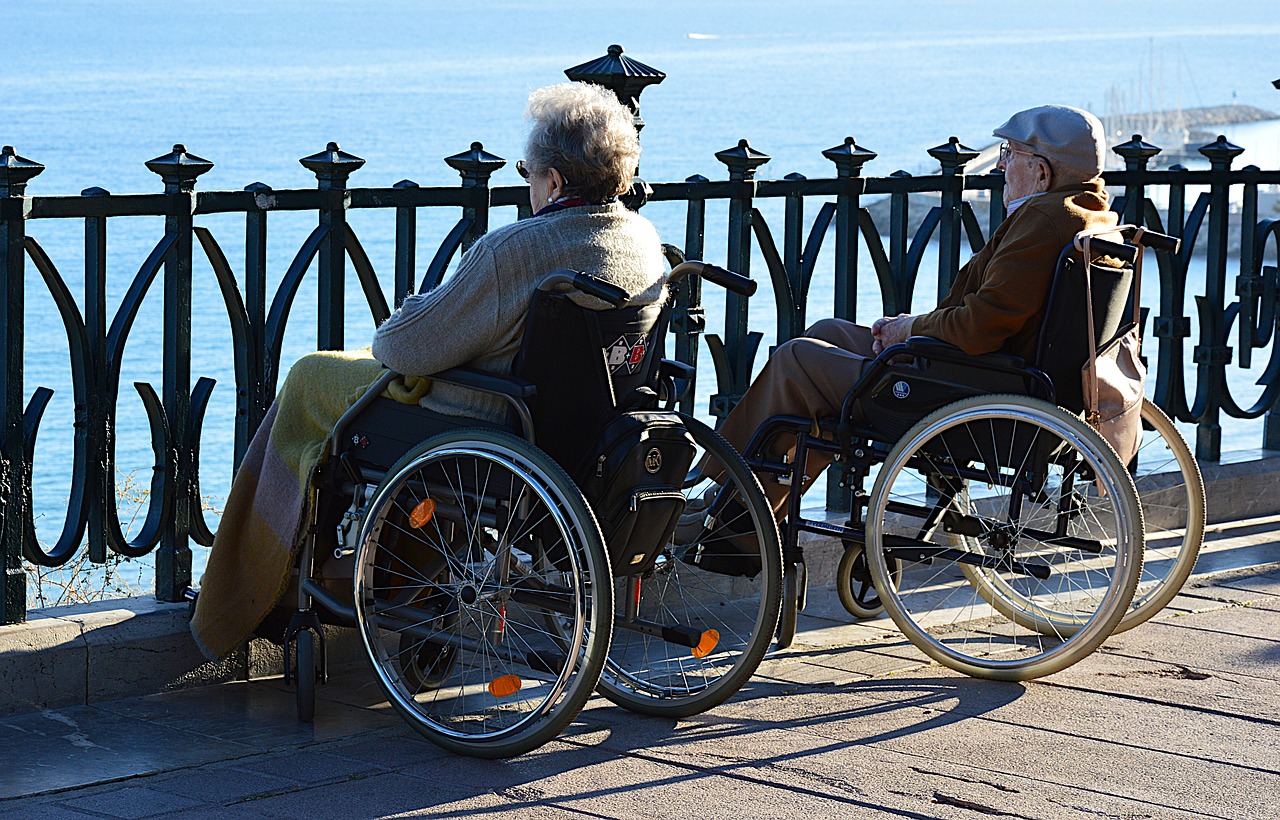As we age, maintaining optimal health becomes increasingly important. One critical aspect of senior health is understanding and monitoring nutrient levels, particularly vitamins. Among these, Vitamin B12 plays a crucial role in maintaining energy levels, brain function, and DNA synthesis. But what exactly constitutes a normal level of Vitamin B12 in the elderly, and why is it so crucial?
Vitamin B12 deficiencies are common among older adults due to various factors, such as dietary restrictions or decreased absorption rates. Hence, it’s essential to be informed about what a healthy Vitamin B12 level looks like for senior citizens.

Why Vitamin B12 is Essential for the Elderly
Vitamin B12 is a water-soluble vitamin that is vital for our body’s overall well-being. It is involved in nerve tissue health, brain function, and the production of red blood cells. In elderly individuals, maintaining proper Vitamin B12 levels is crucial to prevent complications such as fatigue, neurological disorders, and anemia which can significantly impact daily life.
As people age, their ability to absorb Vitamin B12 from food decreases, making them more susceptible to deficiencies. This condition can lead to various health issues, making it essential for older adults to maintain adequate levels of this vitamin through diet or supplements.
Normal Vitamin B12 Levels for Seniors
For adults, including the elderly, the normal level of Vitamin B12 in blood is typically between 200 to 900 picograms per milliliter (pg/mL). However, levels between 300 to 350 pg/mL are often considered more optimal for older adults to ensure proper body function.
Some experts recommend maintaining levels above 500 pg/mL to guarantee the absence of deficiency symptoms and enhance quality of life. It’s important for senior patients to work with their healthcare providers to monitor these levels and adjust their diets or supplement intake accordingly.
Sources of Vitamin B12
Vitamin B12 can be found in numerous dietary sources such as meats, fish, chicken, eggs, and dairy products. However, some elderly individuals might have dietary restrictions or choices that limit their intake of these foods, making supplementation necessary.
Fortified foods like cereals and plant-based milk can also be excellent sources of this vitamin, offering a viable option for vegans and vegetarians. Additionally, elder adults may consider B12 supplements, which are available in various forms, including tablets, sublingual, or injections, often based on an individual’s medical needs and doctor’s recommendations.
Symptoms of Vitamin B12 Deficiency
Common symptoms of a Vitamin B12 deficiency in elderly people can include fatigue, weakness, constipation, loss of appetite, and weight loss. Some might also experience neurological changes, such as numbness or tingling in the hands and feet, difficulty maintaining balance, depression, confusion, dementia, poor memory, and soreness of the mouth or tongue.
If you or someone you love is experiencing these symptoms, it’s crucial to consult with a healthcare provider who can perform a simple blood test to determine whether a deficiency exists.
Risk Factors for Vitamin B12 Deficiency
Several risk factors may increase the likelihood of a Vitamin B12 deficiency among the elderly. These factors include conditions affecting the digestive system like atrophic gastritis, celiac disease, or Crohn’s disease, which can reduce B12 absorption. Medications such as proton pump inhibitors and certain diabetes drugs can also interfere with vitamin absorption.
Elderly individuals who follow vegetarian or vegan diets are at higher risk due to the lack of animal-based foods in their diet, which are natural sources of Vitamin B12.

Managing Vitamin B12 Levels: Tips and Precautions
Proper management of Vitamin B12 levels in senior citizens involves regular monitoring through blood tests, maintaining a balanced diet that includes B12-rich foods, and incorporating supplements when necessary. Consulting with a healthcare professional is crucial for personalized advice and a tailored plan.
Furthermore, being aware of medications that might impact B12 absorption and addressing them with the guidance of a physician can help prevent deficiencies and their associated complications.
FAQs About Vitamin B12 in Elderly
Q1: How often should seniors check their Vitamin B12 levels?
A: It’s advisable for seniors to have their Vitamin B12 levels checked at least once a year or more often if they have conditions or take medications affecting B12 absorption.
Q2: Can Vitamin B12 supplementation cause any side effects?
A: Vitamin B12 is generally safe, and side effects are rare. However, high doses without medical supervision could potentially cause skin conditions or other minor side effects.
Q3: Are there any natural remedies to boost Vitamin B12 absorption?
A: Consuming fortified foods and maintaining a healthy gut by staying hydrated and consuming probiotics can support better B12 absorption.
For more insights on elderly care and nutrition, you can visit this external resource for comprehensive guidelines.
Maintaining normal Vitamin B12 levels in elderly individuals is vital for their overall health and well-being. By staying informed and proactive about these levels, older adults can enjoy a healthier, more vibrant lifestyle.
In summary, monitoring and managing Vitamin B12 levels are essential steps in ensuring the health of the elderly. Simple lifestyle changes and medical guidance can make a significant difference in maintaining these levels and preventing potential health issues.
This article contains affiliate links. We may earn a commission at no extra cost to you.

